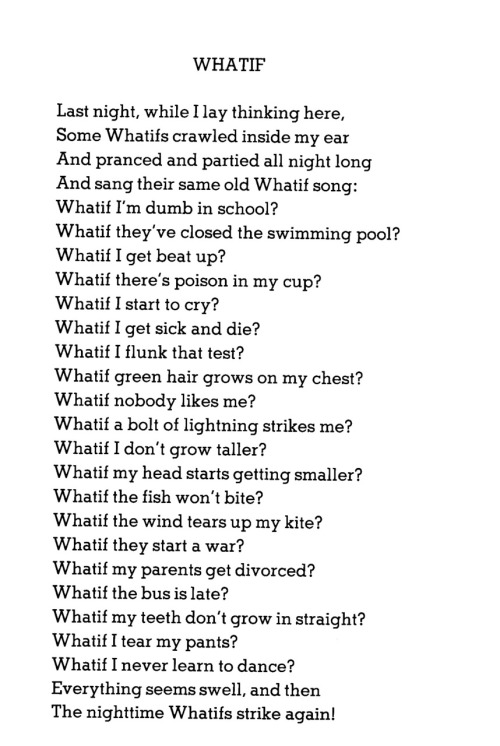I’m going to tell you a secret. I’m scared.
It feels like there is some unspoken rule that I’m not supposed to admit this. As a soon-to-be-published author I should be over the moon with happiness. My book is being published! That’s amazing! Everyone keeps telling me how excited I must be, and I am, of course. It is unbelievably amazing to have sold this thing I started years ago, this thing that went from thoughts to words on a screen to a physical object in people’s hands. But selling a book is not the end of fear or worry or doubt that I think many writers, myself included, imagine it will be. It’s an accomplishment, a huge, wonderful, happily satisfying one for sure, but it’s not an eraser for insecurities. (Wouldn’t it be cool if that existed?)
Please don’t misunderstand my admission of fear to mean that I wish this wasn’t happening or that I don’t appreciate where I am. I’m thrilled—beyond thrilled—that this collection of my words, my story, will be an actual book in actual bookstores next to other real live books. I can’t wait to see what happens when she steps out into the world, how she’s treated, how far she travels, if people understand her. I also worry about what people will say about her behind her back, if she’ll make a good enough first impression, if readers will make promises they don’t keep and leave her alone on cold shelves.
You know that Shel Silverstein poem, “Whatif,” from A Light in the Attic? "Last night, while I lay thinking here,/Some Whatifs crawled inside my ear/And pranced and partied all night long/And sang their same old Whatif song.” I read it in first grade and was relieved to find it wasn’t just me who lay awake at night pondering both practical and ridiculous concerns. Some of the questions in the poem apply directly to my current book launch fears: “Whatif I start to cry? Whatif the fish don’t bite? Whatif nobody likes me?” Of course, my nighttime Whatifs have a million more hypotheticals with varying degrees of terrible-ness for me to mull over, and I bet yours do, too.
Hand Me Down is two weeks from publication. In two weeks this thing that I have slaved over, loved and hated (and loved and hated again), doubted, sacrificed for, and stressed about for years, this thing I invested time and energy and soul into, this thing that has so much of myself in its pages will be available for public consumption. I will be available for public consumption. Exposed. My life is going to change in ways I can’t even imagine, and along with being excited and hopeful, I’m also frightened.
I know some of you want to punch me in the face right now. Some writers out there who have not yet sold their books are thinking, Oh, boo-hoo, poor published author, and I get it. Two years ago I would have thought the same thing. When you’re in the throes of writing, your doubts and fears are about the project itself, about how it’s working, how the words fit together, how the story flows, and also about whether this project will ever make it out into the world the way you hope it will. The goal is to get published, and you’re convinced that if you can just reach that goal, everything will be okay. I am so thankful to have gotten to this point, and I would certainly not want to go back, but my fears and doubts didn’t suddenly disappear when I signed my contract, as much as I wished they would.
There are struggles at every level, but maybe that’s a good thing. Each hurdle is a chance to learn. Richard Bausch says, “Your doubt is your gift.” It’s what keeps us striving to improve our craft, tightening our language, studying the masters. When you think you have nothing left to learn—when you completely stop doubting your work—you stop getting better. Not that you shouldn’t be proud. You should. We should. I am. But as writers, we know how to persist. Our fears of inadequacy push us to work harder; the world’s skepticism strengthens our resolve, which is something I need to remember as I head into publication mode. My doubts will force me to study, to practice, to improve each step of the way. My fears will motivate me to prepare. I will come up with an answer for every single one of those nighttime Whatifs, and I’ll be as ready as I can possibly be when my book baby leaves the nest.
In two weeks my life is going to change in ways I can’t even imagine. Am I nervous? Yes. Can I handle it? Yes. And you never know, Whatif everything turns out better than I could dream?










.jpg)
